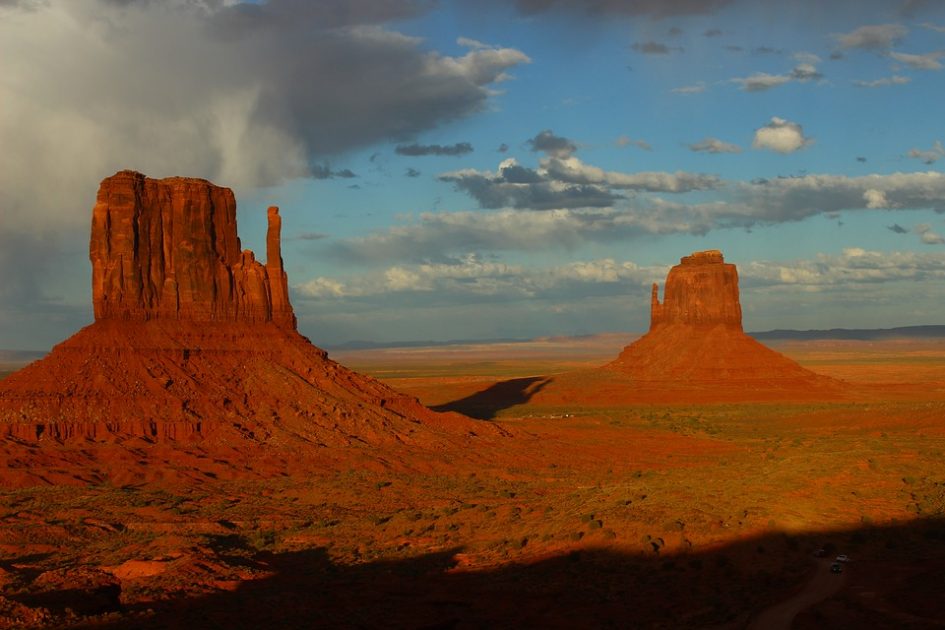For more information, please follow this link: https://salishseaconference.com/about/
The Salish Sea Ecosystem Conference brings together scientists, knowledge holders, First Nations and tribal government representatives, resource managers, community and business leaders, and policy makers to share science and stories of the Salish Sea. It is the premier scientific research and policy gathering in the Pacific Northwest. The presentations and discussions that occur at the Salish Sea Ecosystem Conference are a platform to build shared policies and practices to guide future actions for protecting and restoring the Salish Sea and its watersheds. The outcomes are improved scientific collaboration, data sharing and dynamic discussions on the state of the Salish Sea ecosystem, and collaborative action. The Conference is administered by Western Washington University’s Salish Sea Institute.
The Salish Sea is an international sea that includes the Strait of Georgia in British Columbia, Canada, Puget Sound in Washington state, US and the Strait of Juan de Fuca which is bisected by the international border and opens to the Pacific Ocean. It’s an area of spectacular beauty, biologically rich marine waters, and rich cultural history. The Salish Sea is experiencing significant loss of marine fish and wildlife populations and the habitats that they depend on from over 150 years of human development. It is further threatened from global climate change and a variety of emerging threats.
The Salish Sea name recognizes the Coast Salish peoples who were the first inhabitants and who continue to reside in the region. Approximately nine million people live, work and play in the Salish Sea region. They benefit from the area’s rich natural resources and deep culture. Vancouver, BC and Seattle, WA anchor the northern and southern portions of the ecosystem and provide dynamic economic growth and highly urbanized environments. Sustaining the Salish Sea ecosystem is critical to economic vitality, the preservation of indigenous cultures and quality of life.
Recognizing the importance of scientific exchange and dialogue with resource managers and public officials, thirteen organizations co-sponsored the first Puget Sound Research Conference in April 1988. Fifteen years later with support from the U.S. Environmental Protection Agency and Environment Canada, the event was built into an international conference occurring every other year and alternating between venues in Seattle and Vancouver. As a result of the pandemic, in 2020 the Conference was held virtually.

